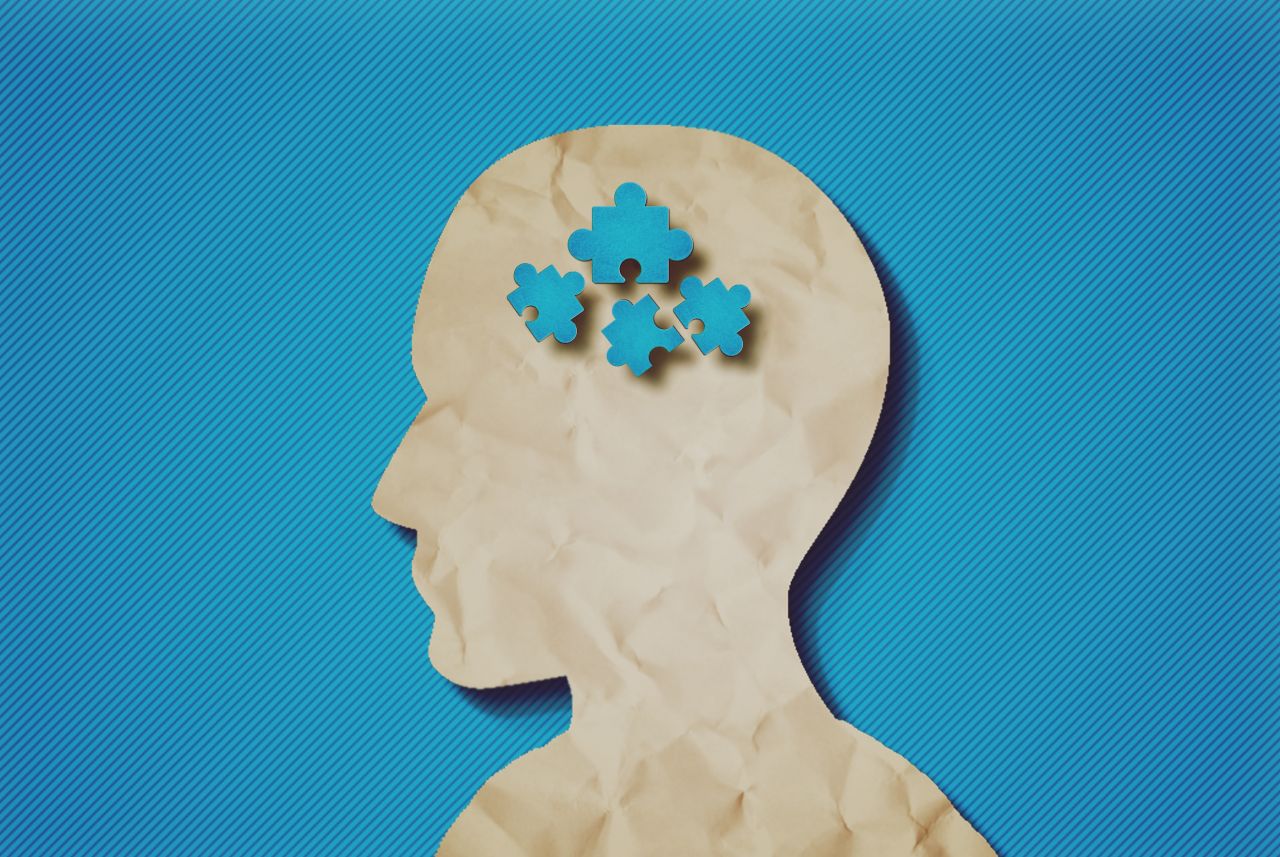Memory loss is a common concern as we age, but it’s important to recognize that not all forgetfulness signals a serious condition. Understanding the causes and implementing preventive measures can help maintain cognitive health.
Understanding Memory Loss
Memory loss can be categorized into two types:
- Acute Memory Loss: Sudden onset, often due to factors like stress, illness, or medication side effects.
- Progressive Memory Loss: Gradual decline, potentially linked to conditions such as Alzheimer’s disease or other dementias.
It’s essential to consult a healthcare professional if memory issues interfere with daily life.
Causes of Memory Loss
Several factors can contribute to memory loss:
- Medical Conditions: Heart disease, diabetes, and high blood pressure can affect brain health.
- Medications: Certain drugs may impair memory as a side effect.
- Lifestyle Factors: Poor diet, lack of exercise, and insufficient sleep can negatively impact cognitive function.
- Mental Health: Depression and chronic stress are linked to memory problems.
Preventive Measures
Adopting a healthy lifestyle can significantly reduce the risk of memory loss:
- Regular Physical Activity: Engaging in exercises like walking or swimming increases blood flow to the brain, promoting cognitive health.
- Balanced Diet: Consuming a diet rich in fruits, vegetables, whole grains, and lean proteins supports brain function.
- Adequate Sleep: Aim for 7-9 hours of quality sleep per night to aid memory consolidation.
- Mental Stimulation: Activities like reading, puzzles, and learning new skills can enhance cognitive abilities.
- Social Engagement: Maintaining strong social connections helps protect against cognitive decline.
Improving Memory
If you’re experiencing mild memory issues, consider these strategies:
- Stay Organized: Use calendars, to-do lists, and reminders to keep track of tasks.
- Practice Mindfulness: Techniques like meditation can reduce stress and improve focus.
- Healthy Habits: Avoid smoking and limit alcohol consumption to protect brain health.
When to Seek Help
If memory loss becomes frequent or severe, it’s crucial to consult a healthcare provider. Early diagnosis and intervention can lead to better management of potential underlying conditions.
